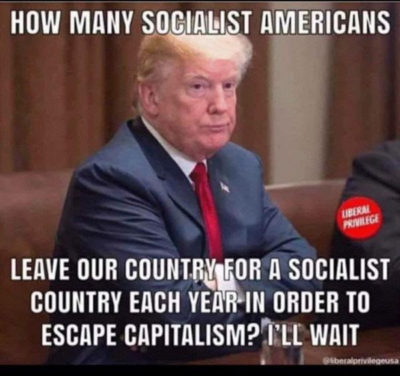Through natural liberty people have the ability to attend well to their own interests. That is true when government weighs down the people with the sort of burdens governments are so fond of imposing.
Governments, for all the protestations to the contrary, inflict on the masses taxation and regulatory restrictions in order to benefit the elites. This rang true in 1776 and it still rings true today.
Free markets
Free markets unleash men to exercise their abilities to the maximum extent possible without infringing the rights of others. There are certain things the government should support. Among them are education, national defense, and infrastructure in the facilitation of trade such as roads and communications. To support something neither requires nor precludes taxation for the purpose.
The proper role of the state is tiny and in all cases qualified. Free individuals are best governed not by legislative or bureaucratic dictates. Rather, they are bounded by the common law of property, contract, tort, and market competition. When people are so governed each individual’s pursuit of his or her interests weaves together. The stronger cloth, so woven, serves the interests of countless other people.
In Adam Smith’s words
We should scorn those who presume themselves fit to superintend the choices of others. Adam Smith says it this way:
“What is the species of domestic industry which his capital can employ, and of which the produce is likely to be the greatest value, every individual, it is evident, can, in his local situation, judge much better than any statesman or lawgiver can do for him. The statesman who should attempt to direct private people in what manner they ought to employ their capitals would not only load himself with a most unnecessary attention, but assume an authority which could safely be trusted, not only to no single person, but to no council or senate whatever, and which would nowhere be so dangerous as in the hands of a man who had folly and presumption enough to fancy himself fit to exercise it.”
The world today would be significantly different and probably better off. Trade would be almost completely free. Subsidies would be rare. Taxes would be light and their collection unobtrusive. Whenever possible, the government would fulfill its functions as locally as reasonable. The government would do no more than is required.
Conclusion
We should be leery of the folly and presumption of those who presume to direct the affairs of humankind. The situation we allow our government to inflict on us is a self-infliction to the extent we did vote for our representation. We now see the willingness to suppress our civil liberties and economic interests has done great damage. It is now our turn to correct our mistake at the polls. We should return to our natural liberty.
